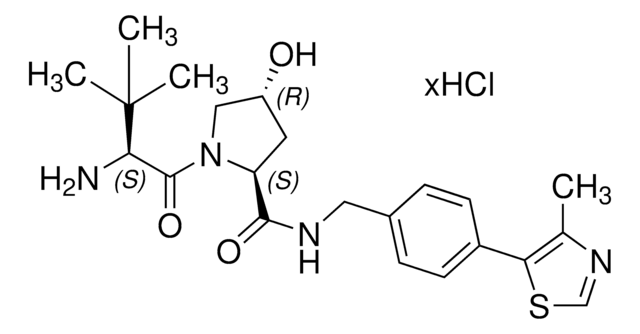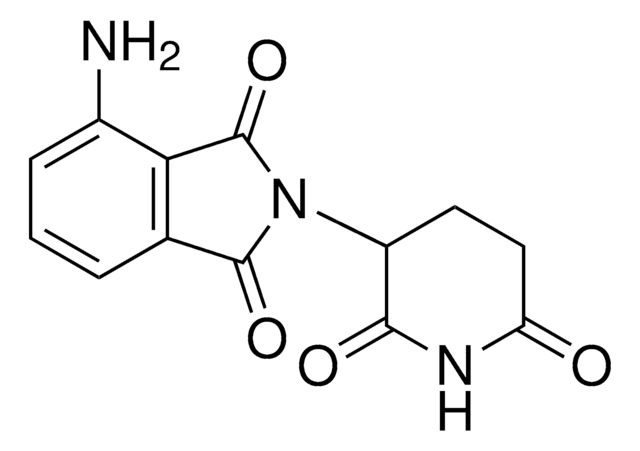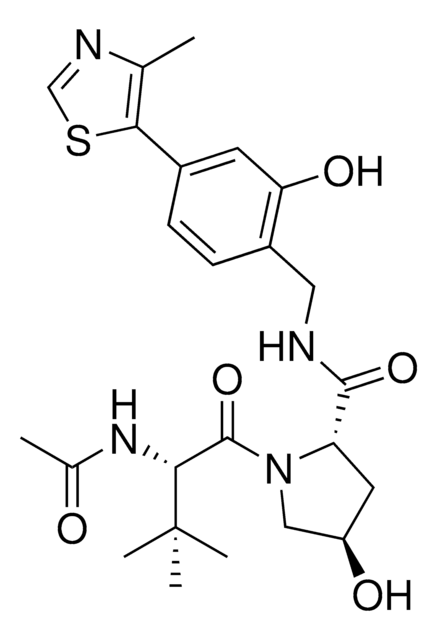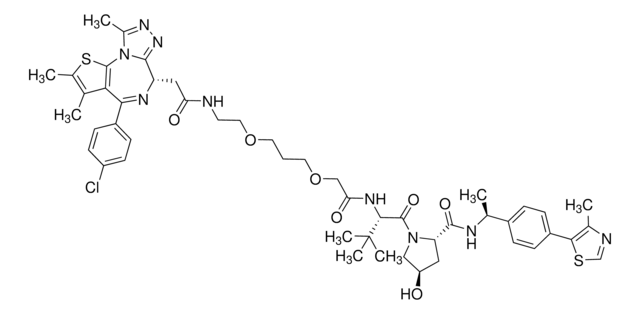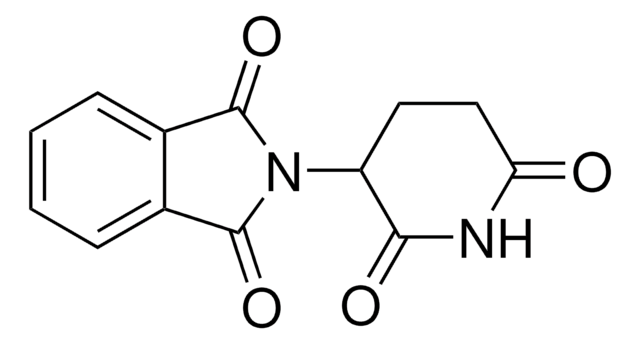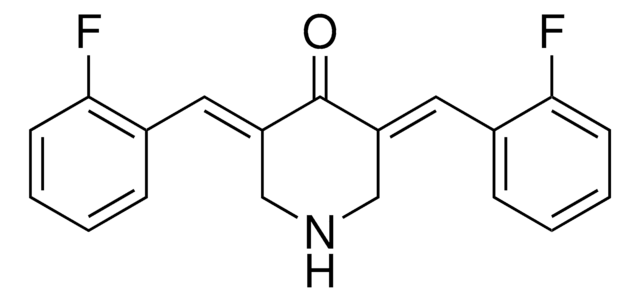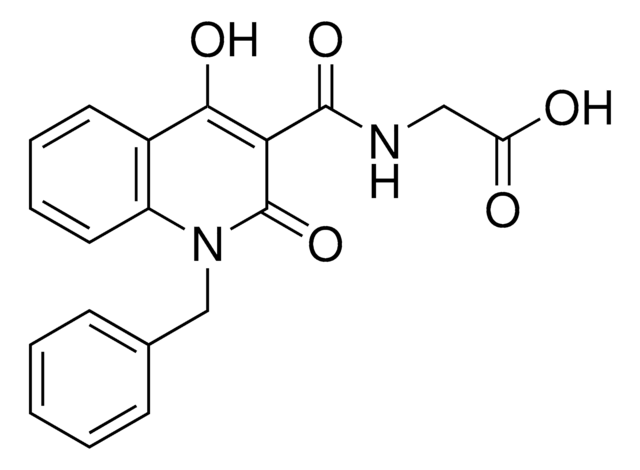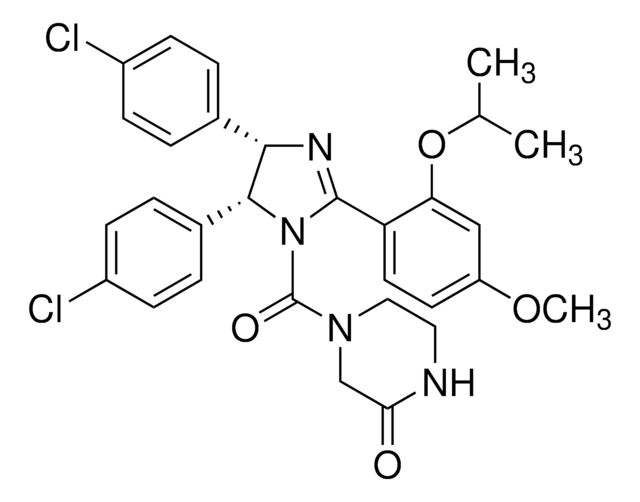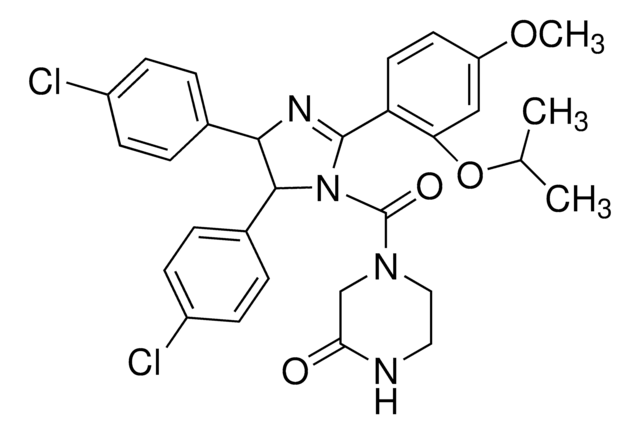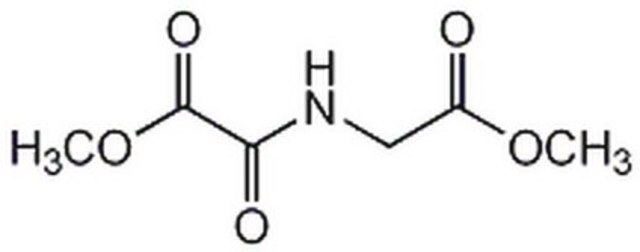SML1896
VH298
≥98% (HPLC)
Synonym(s):
(2S,4R)-1-((S)-2-(1-Cyanocyclopropanecarboxamido)-3,3-dimethylbutanoyl)-4-hydroxy-N-(4-(4-methylthiazol-5-yl)benzyl)pyrrolidine-2-carboxamide
About This Item
Recommended Products
ligand
VH298
Quality Level
assay
≥98% (HPLC)
form
powder
reaction suitability
reagent type: ligand
color
white to beige
solubility
DMSO: 10 mg/mL, clear
storage temp.
−20°C
SMILES string
[s]1cnc(c1c2ccc(cc2)CNC(=O)[C@H]3N(C[C@@H](C3)O)C(=O)[C@@H](NC(=O)C4(CC4)C#N)C(C)(C)C)C
InChI key
NDVQUNZCNAMROD-RZUBCFFCSA-N
Related Categories
Biochem/physiol Actions
Related product
Storage Class
11 - Combustible Solids
wgk_germany
WGK 3
flash_point_f
Not applicable
flash_point_c
Not applicable
Choose from one of the most recent versions:
Certificates of Analysis (COA)
Don't see the Right Version?
If you require a particular version, you can look up a specific certificate by the Lot or Batch number.
Already Own This Product?
Find documentation for the products that you have recently purchased in the Document Library.
Customers Also Viewed
Our team of scientists has experience in all areas of research including Life Science, Material Science, Chemical Synthesis, Chromatography, Analytical and many others.
Contact Technical Service